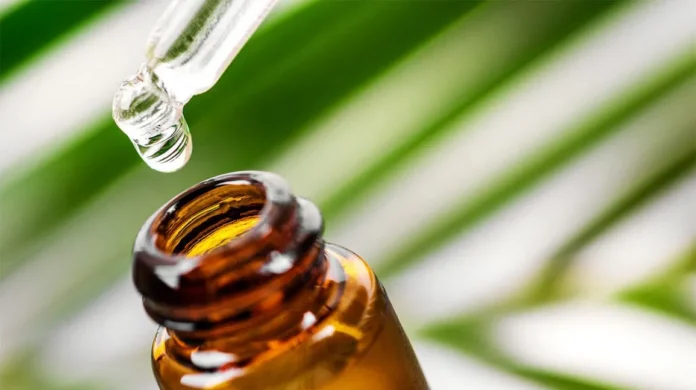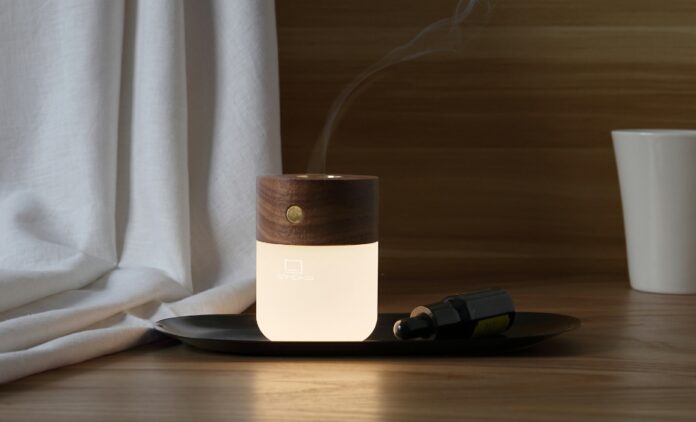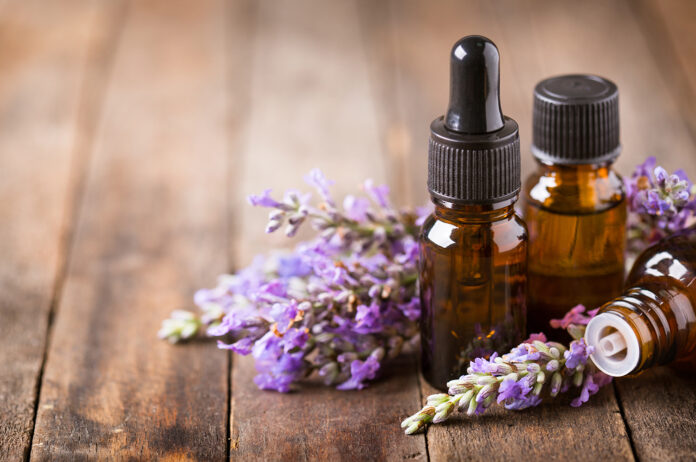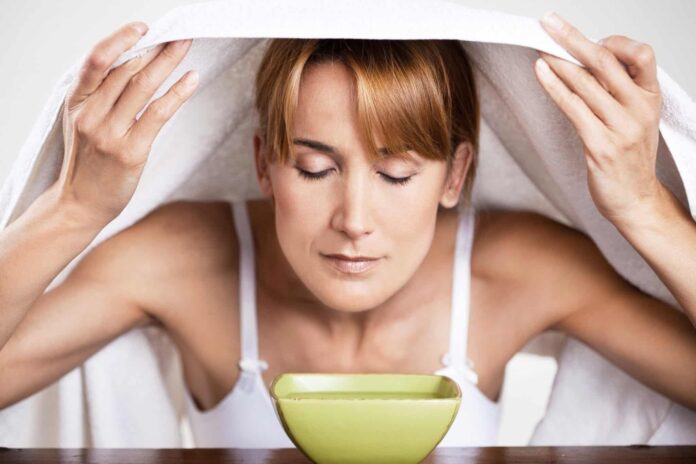The respiratory system is constantly in contact with the external atmosphere and is exposed to numerous air-borne microorganisms. This is especially pronounced in the transition from one season to another. Because our respiratory system is the most open organic system and is in constant communication with the external environment, it is susceptible to acute infections that cause mild or severe health problems. Given the challenging times we are in, this fact is of particular concern to us, so we are trying to find natural remedies and ways to prevent or alleviate them.

We know that inhalation is very effective in such situations. Although most think of saline and drops prescribed by doctors, there are other methods, more oriented to natural methods of treatment. Let’s just remember the story of our parents that they inhaled by tilting their head over a pot of stiff eucalyptus tea or some other herb that has been shown to be effective in respiratory problems. Nowadays, many households use diffusers in which a combination of water and various essential oils is poured. In addition to having a pleasant scent, essential oils are also great for the respiratory tract. Of course, we cannot expect a diffuser to be as effective as an inhaler. Therefore, the question arises whether it is possible to inhale essential oils? The answer is, of course, yes.
Essential oils can be very useful in the fight against colds and flu, in the prevention phase, when they help increase the body’s resistance to microorganisms and combat stress, which is often the main ‘trigger’ for a decline in immunity, as well as after we get sick. alleviation of symptoms.

Plants that secrete essential oils mostly grow in Mediterranean and tropical countries. Each part of the plant can synthesize essential oil (eg buds, flowers, leaves), and the oil is usually stored in secretory or epidermal cells and glands. The composition and quality of the essential oil depend on the age and subspecies of the plant, the organ of the plant that synthesizes the oil, environmental conditions (climate, soil, vegetation), and the method of oil extraction.
Doctors and scientists point out that aromatherapy is a natural and gentle method of maintaining health by which essential oils activate the body’s own defenses. Thus, aromatherapy does not offer “instant” solutions, but acts on the whole organism and stimulates its own healing power. Essential oils are most often produced by distilling parts of plants, it can be fruit, flower, leaf, root, resin, and what is obtained as a product is called pure essence of the soul of the plant. Essential oils are extremely healing, complex in their chemical composition, but very unique, so they achieve their effectiveness on the human body in two ways – through the bloodstream, but also the senses of the virus, so they are very useful when inhaled.
For inhalations, 2-3 drops of the selected essential oil are added to the inhaler or container with warm water. The water must not be too hot and must not come into direct contact with the eyes, and the oils must be of proven quality and harmless. Inhalation is carried out for about 10 minutes, several times a day.

If you have sinus problems, eucalyptus or tea tree oil will definitely help you. Both herbs are potent antiseptics that help with upper respiratory tract infections. Lavender has a relaxing effect and relieves headaches, while incense, rosemary, oregano, and thyme have antibacterial effects.
Inhalations of essential oils can help alleviate symptoms, especially at night when they disrupt sleep and prevent quality rest, which is extremely necessary for such conditions. Aromatherapy is a very old method of treatment and it is in cases of respiratory disorders that it comes to the fore. The possibilities of applying aromatherapy are numerous: direct inhalation of essential oils instilled in boiling water, use of spatial diffusers, application of balms with essential oils on the chest.
Inhalations are one of the symbols of the application of essential oils. Modern saline devices are great, but manufacturers generally warn that essential oils can have a bad effect on the material from which the inhaler is made. Therefore, the question arises whether it is possible to inhale with a diffuser? Although it is considered an aesthetic part of the space, it is very useful for inhalation. However, when there are already different shapes and colors on the market, then why not pay attention to the aesthetics so that it fits perfectly into your interior? You can find more about it if you visit seasonslife.com. Essential oils can be a lifeline in some sudden situations, such as when you run out of perfume because these oils stay on the skin for as long as roll-on eau de perfume. Good to know, isn’t it?

When we talk about the inhalation of essential oils, we cannot help but wonder if it is recommended for more sensitive categories such as pregnant women and children. The good news is that the effects of essential oils and fragrances have a positive effect on pregnant women and children, but care should be taken when choosing. For example, white pine oil, which in combination with eucalyptus or mint oil has been shown to be very effective in respiratory infections, but is not recommended for breastfeeding women or those who have stomach problems. When it comes to young children, it is recommended that you seek the advice of an aromatherapist or oil manufacturer to get verified information on which essential oil is suitable for their child and the specific problem they have.
Aromatherapy is a very old method of treatment and it is in cases of respiratory disorders that it comes to the fore. The possibilities of applying aromatherapy are numerous: direct inhalation of essential oils instilled in boiling water, use of spatial diffusers, application of balms with essential oils on the chest. In children, it is challenging to achieve cooperation for direct inhalation of hot water with essential oils, so they are most often used a combination of chest balms and diffusers in the room.

